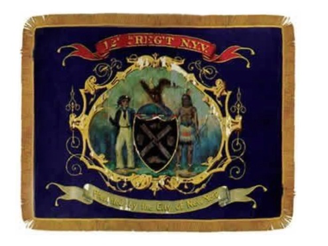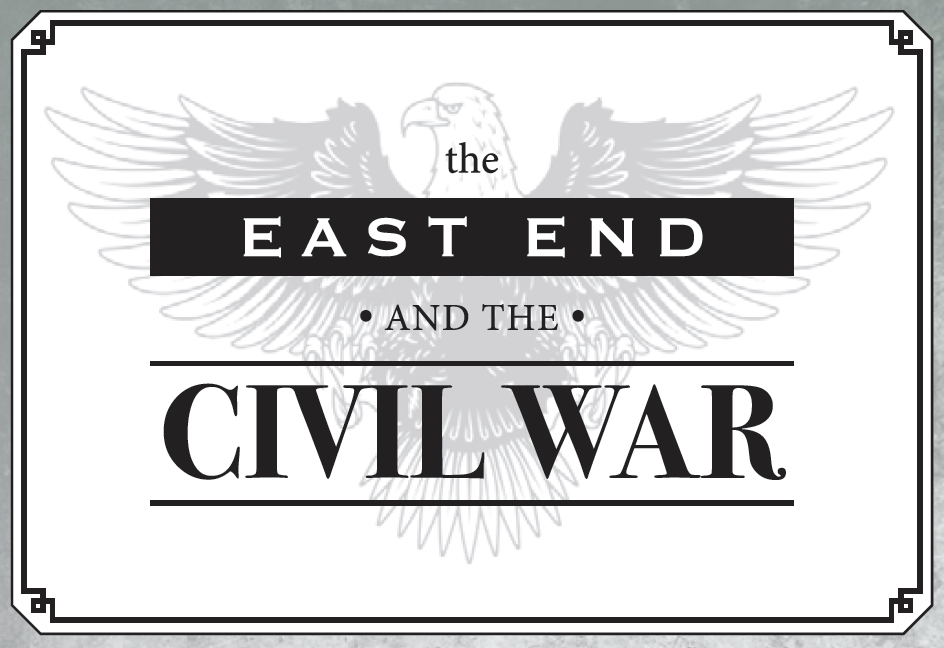By the late, Averill D. Geus, Historian

Despite the small size of Long Island villages in the early 1860s, the East End sent over 435 men to serve in the war. According to the Town Clerk’s list, 115 men from East Hampton were in the army. One man from Montauk who enlisted was a Native American named Stephen Pharaoh or Talkhouse. He served with the 29th U.S. Colored Troops. Enlistees were separated into white or black troops in the Civil War. There were no such divisions in the Navy.
Early in the war, attempts were made to put together regional or fraternal units. A regiment of New York firemen was formed, for example. Methodist regiments were formed, with a clergyman for a Captain. Another group called the Garibaldi Guard was made up of men from different European countries, speaking sixteen different language within the outfit. Filling all these regiments because increasingly more difficult as the war progressed into its second year as the casualties mounted. Around this time, Sag Harbor had six or seven recruiters looking for men on Main Street. One popular recruiter was Colonel Perry, a Sag Harbor Methodist minister who tried to form a regiment exclusively for those “with good moral habits”. This group became the 48th Volunteers.
A vivid description of recruitment methods was written for the Corrector. In August, 1862, a recruiting officer for the 127th NY Vols held a well-advertised meeting in Sag Harbor’s elegant Presbyterian Church. Produced like a revival meeting, the church was draped and swathed in flags, with a huge American Shield in front of the pulpit. A large number of people attended the free show to hear the oratory and the patriotic songs played by the organ and a cornet band. Once again, the main speaker was Rev. Stephen Mershon, a dynamic orator. He was particularly effective on this particular evening. No sooner had he finished speaking when the recruiting officer took his place and in thundering tones urged all the young men to come forward to do their duty and as the choir rang out with “The Old Flag”, a great many young men did go to the altar and place their names on an enlistment roll. It was an emotional and intoxicating moment, with little time to think about the consequences. Before these young men had time to change their minds, a town wide farewell party was given, a few days later, to see them off to war. The volunteers rendezvoused at the recruiting office and were marched as a cadre, 63 strong, to the densely packed Whalers Church. As they entered, the organ swept into a rousing version of “America”. The new recruits self-consciously sat in the front rows of the church and local clergy advised them: 1. Give your hearts to God; 2. Don’t be profane; 3. Don’t sleep on your post; 4. Don’t drink rum; 5. Don’t gamble; and 6. Don’t turn your back on the enemy.
After the last hymn, the boys were marched away, followed closely by the crowds, to the pier where the steamer Water Lily awaited them. As the boat moved from its berth, the crowd let forth loud cheer upon cheer, and then a salute of thirteen guns was fired. The cornet band kept playing and off to war they went. It was all jolly and exciting and thrilling for these young men who so suddenly had become the darlings of the village. None of them could possibly have envisioned the future.
Three weeks later, Jonathan Bennett of Springs wrote to his mother from Virginia: “Been digging rifle pits this week. We have very strict orders and hafter obey them too. If I was to home, I shold not like it I tell you but I hafter like it out here. I have just been to dinner and we didn’t have anything extra nether, I tell you. A small piece of meat, a little beef soup and a very small piece of bare bread. Some of the fellers thought that was something extra but I didn’t nor you wouldn’t if you had to live as we have since we left home. If it would do any good, I would be homesick.” Poor Jonathan was homesick as later letters reveal but he never saw his home in Springs again. A few months later, he was dead of fever and dysentery at Folly Island, South Carolina. He was 17 years old.

